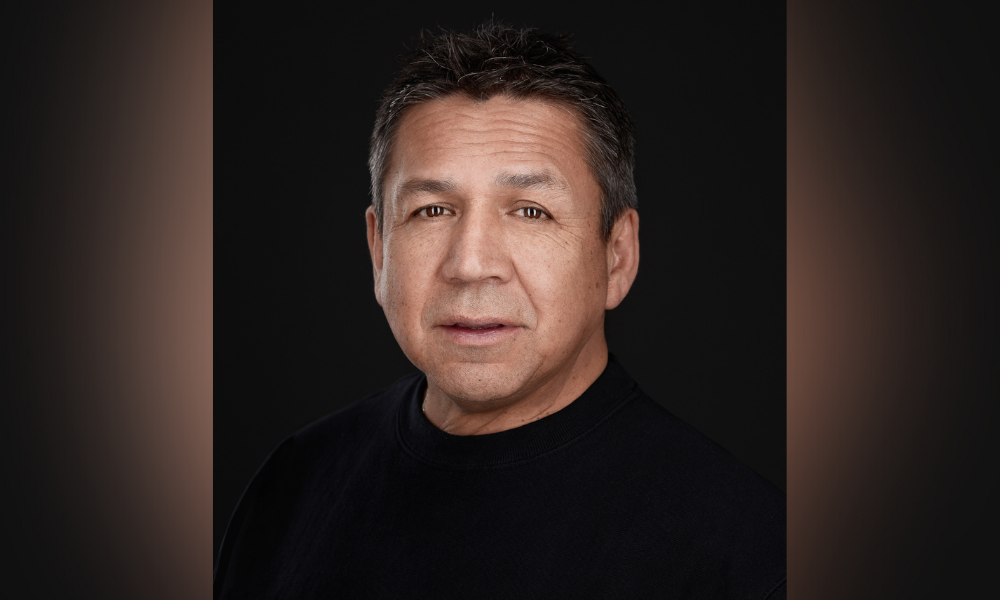“Canada still runs our schools without our consent:” Chief Peter Powder

Amid the revelation of hundreds of unmarked graves at the sites of former residential schools, the Athabasca Tribal Council is calling on Canada to amend the Indian Act to give First Nations control of their schools and curriculums.
Sections 114(1) and (2) of the Indian Act provide that the federal government may enter into agreements with provinces and territories for the education of “Indian children” and “establish, operate and maintain schools” for that purpose. The Athabasca Tribal Council, which is made up of five First Nations in Northern Alberta, is calling for an “immediate” amendment to the Indian Act, to give First Nations “free, prior and informed consent to the federal government’s operation and regulation of schools for First Nations children.”
“Canada still runs our schools without our consent,” says Chief Peter Powder, of Mikisew Cree First Nation. “We want to have control over our schools, and we want to be able to develop our own curriculum. We want to take our power back here.”
“We want to put the power back to the First Nations to decide what it is we teach our children, not what the Crown wants to teach us.”
The call for the Indian Act amendments is part of the Athabasca Tribal Council’s Orange Path, a national effort to raise awareness and support for reconciliation. Chief Powder says the initiative was inspired by the Blinding Light Walk – Tiger Lily. Chief Vern Janvier and 15 others from Chipewyan Prairie Dene First Nation left Sudbury July 18 with a plan to walk 20 km per day to make the 500 km journey to Ottawa. The walk is intended to raise awareness for the children who died at residential schools.
“Blinding light is really to have the rest of Canada and the rest of the world see what has happened here,” says Chief Powder. “This was an atrocity. This is trauma… This was a crime, and we want to be able to do something about it. We can't just sit back and just say that was okay. And so, we want to be able to shed some light on it. And that's why we call it Blinding Light.”
“You have to do something drastic and one of these walks is one of the ways to take some action.”
In the last few months, hundreds of unmarked graves have been discovered at the sites of former residential schools, including 182 near Cranbrook, B.C., 215 in Kamloops, B.C. and 751 just east of Regina, SK.
The Indian Act was the “root cause” of these discoveries, says Chief Powder, which is why he is calling for amendments to the Act and supporting his fellow Athabasca Tribal Council representative, Chief Janvier.
The federal government recently announced a $320 million commitment to assist Indigenous communities search burial sites at former residential schools and support survivors and their communities.
Another area of control which Chief Powder would like to see returned to Indigenous people is the ability to decide who is a member of a particular First Nation.
“We know our people,” he says. “We know which ones should be members, which ones shouldn't be. So, we want to be able to have that power to decide that. Right now, it’s up to the crown.”










